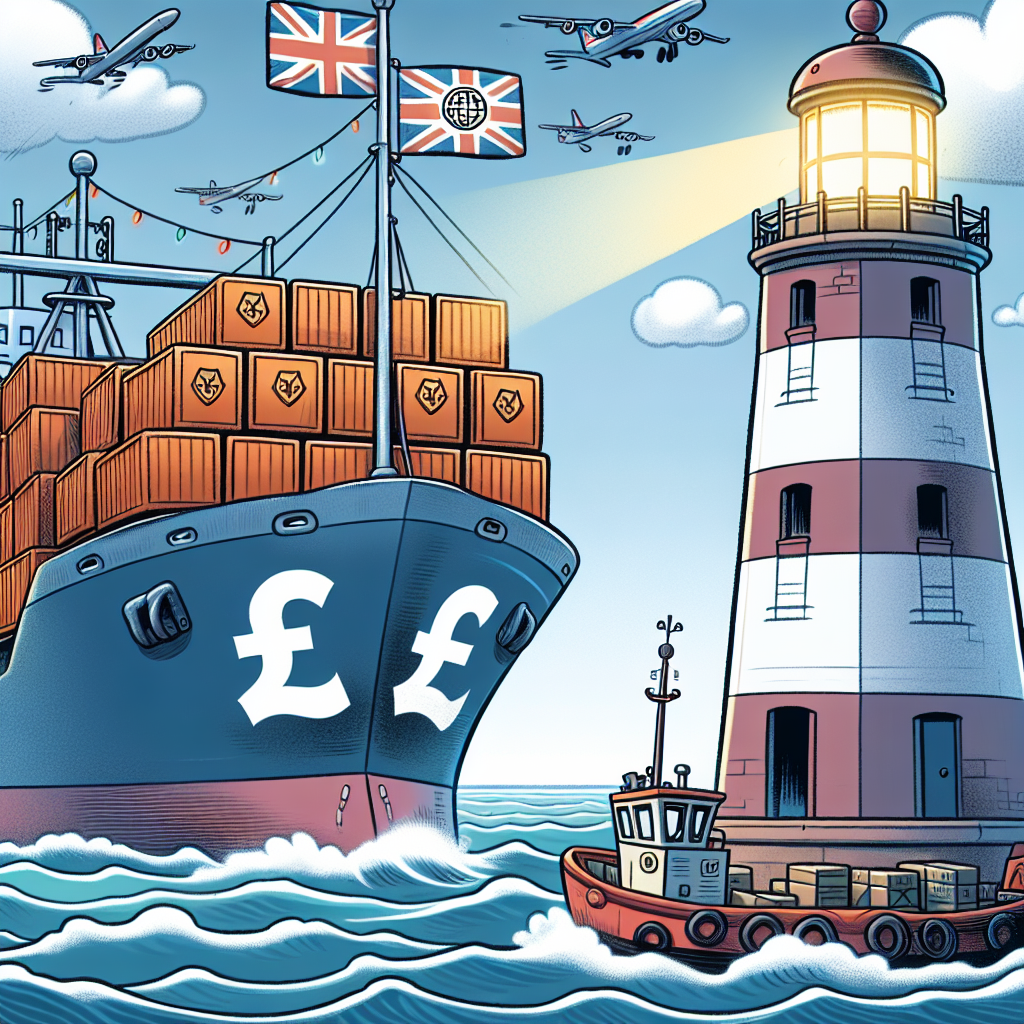EU Sanctions on Russia Extended Amid Hungary's Concerns
The European Union extended sanctions against Russia for six months after overcoming Hungary's objections. These sanctions target various sectors and include a ban on seaborne crude oil imports. Hungary's demands for energy security were acknowledged, leading to the lift of their previously positioned blockade.

- Country:
- Belgium
The European Union has extended its sanctions against Russia for another six months, following Hungary's agreement to withdraw its objections. The sanctions, which aim to deprive Russia of financial means to support its war efforts in Ukraine, will remain effective until at least July 31.
These measures impact trade, finance, energy, technology, industry, transport, and luxury goods, including a ban on seaborne crude oil imports from Russia to the EU. Introduced initially in 2014 and significantly expanded after Russia's major offensive in Ukraine almost three years ago, the sanctions face continual scrutiny.
The EU reached this consensus after Hungarian Prime Minister Viktor Orbán's concerns about energy security were addressed. The European Commission provided assurances related to Hungary's energy security, facilitating the sanctions' extension across all 27 EU member states.
(With inputs from agencies.)
ALSO READ
Burgum Prioritizes Energy Security, Criticizes Biden's EV Push
India has several sources for its crude oil requirements; if needed, new sources also available to be tapped: IOC Chairman Sahney in Davos.
EU Extends Sanctions on Russia Amid Energy Security Deals
EU to Renew Russia Sanctions Amid Hungary's Assurances on Energy Security










